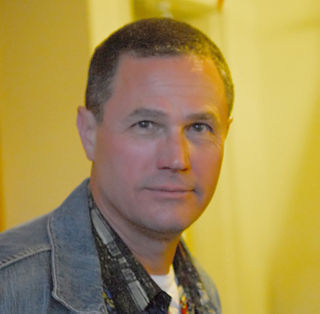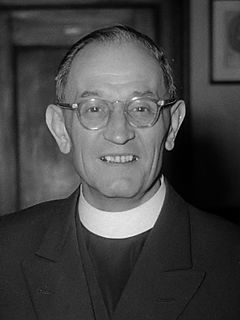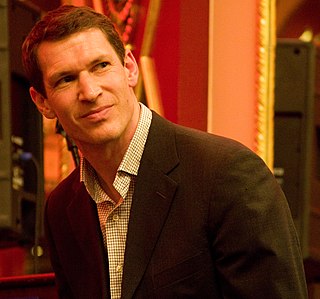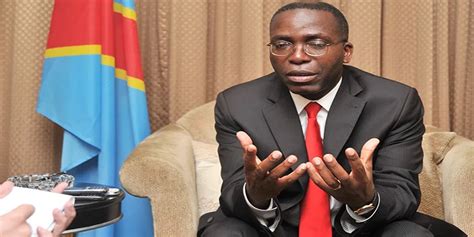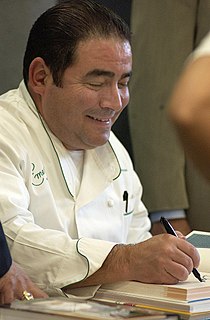A Quote by Alice Winocour
I met soldiers coming back from war and I was impressed by their description of PTSD, all the symptoms: the outburst of violence, the impossibility to cope with reality anymore, all that stuff.
Related Quotes
Before I met No I thought that violence meant shouting and hitting and war and blood. Now I know that there can also be violence in silence and that it’s sometimes invisible to the naked eye. There’s violence in the time that conceals wounds, the relentless succession of days, the impossibility of turning back the clock. Violence is what escapes us. It’s silent and hidden. Violence is what remains inexplicable, what stays forever opaque.
For many child soldiers, war and violence are all they have ever known. If we don't take it upon ourselves to show them an alternative, then they're going to be soldiers forever, and they'll continue to be recruited and to participate in violence if another conflict starts five or 10 years down the road.
What should we do? We have no wish to interrupt the destroyer's work of saving lives... But war is war and the people being picked up out of the water are soldiers bound for the front; soldiers who are to shoot at our German brothers... The question whether we are to perish in despair or defiance, or survive all trails with a live conscience, depends wholly and solely on whether we believe in the forgiveness of sins. This 25th January was the turning point in my life, because it opened my eyes to the utter impossibility of a moral universe.
There are some situations which men understand by instinct, by which reason is powerless to explain; in such cases the greatest poet is he who gives utterance to the most natural and vehement outburst of sorrow. Those who hear the bitter cry are as much impressed as if they listened to an entire poem, and when th sufferer is sincere they are right in regarding his outburst as sublime.
What it targets is not something that's really looked at a lot in terms of the war. This is stuff that's off the beaten path in terms of what we think of every time you start a Civil War history or a Civil War presentation. It's usually about the military and the soldiers and all that stuff. And this is not. It's the backdrop to a place and a time and circumstances that didn't have anything to do with that.
With soldiers, their wives are so fundamental in their relationships, and yet there's this kind of other war happening back in the States, where wives of soldiers don't quite understand what their husbands have been through, because their husbands won't really talk about it, and that's really the hidden war.
I have been exposed to a great deal of the issues surrounding PTSD, but what I have learned that is most relevant to my work on Mercy Street is that this illness is timeless. We didn't have a diagnosis for PTSD in the Civil War like we do today, but those men and women definitely suffered from similar psychological wounds as our men and women in uniform do today.





